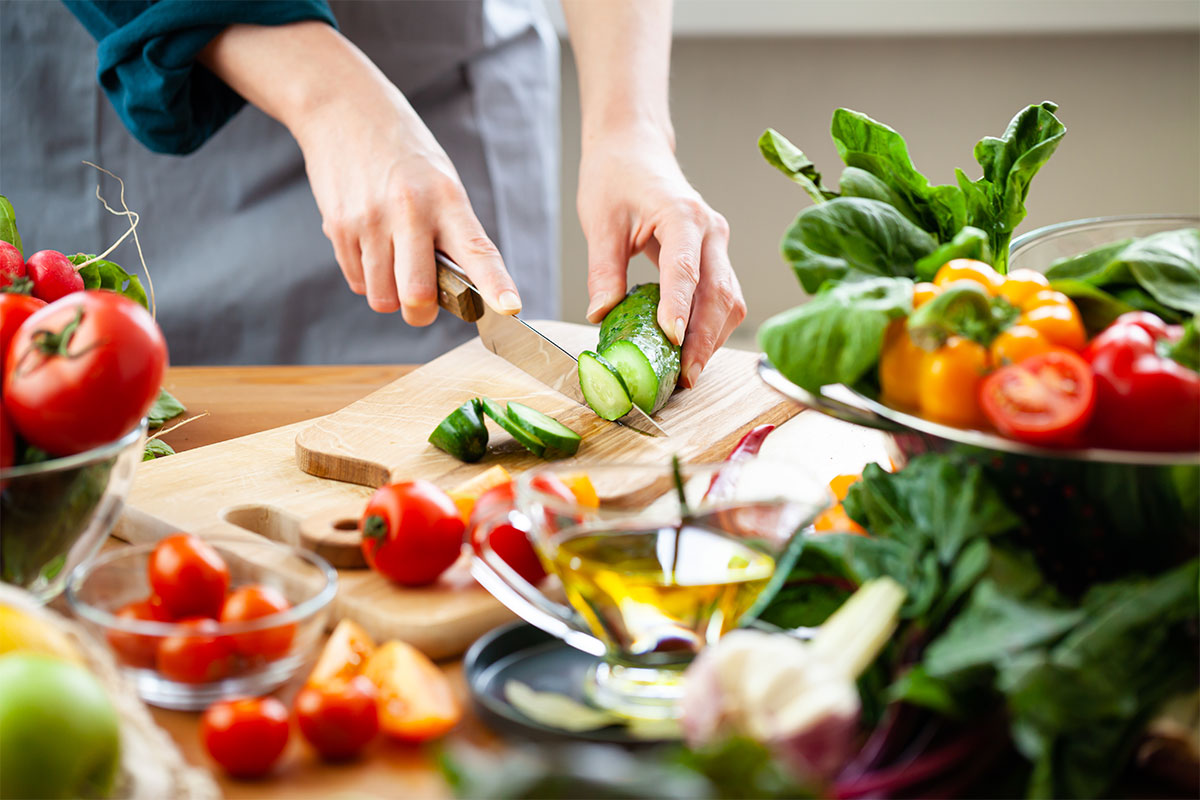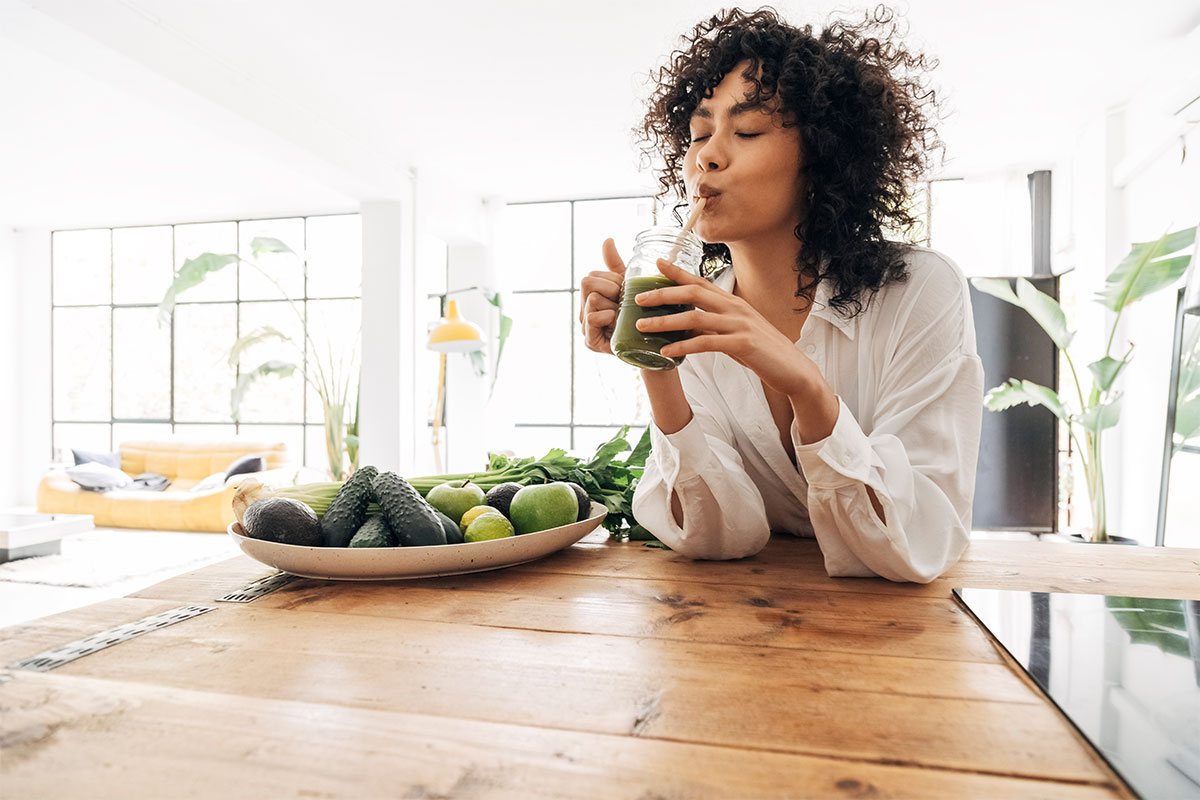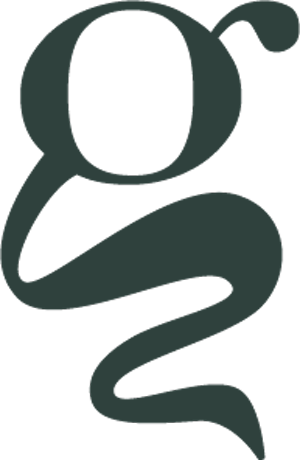Diverticulosis is a common condition that affects the colon, or large intestine. It occurs when small, bulging pouches (diverticula) develop in the lining of the colon. While many people with diverticulosis have no symptoms, others may experience abdominal pain, bloating, constipation, or diarrhea. If left untreated, diverticulosis can lead to more serious complications such as diverticulitis, an inflammation of the diverticula. This is why at Gut Love we focus on diverticulosis prevention in NYC.
Symptoms:
- Often no symptoms
- Abdominal pain (usually in the lower left side)
- Bloating
- Constipation
- Diarrhea
- Rectal bleeding (rare)
- Urgency to have a bowel movement (rare)

Possible Causes:
- Weakened or thinning areas of the colon wall
- Increased pressure in the colon (from constipation or straining during bowel movements)
- Aging
- Obesity or being overweight
- Lack of physical activity
- Smoking
- Certain medications (e.g. opioids, nonsteroidal anti-inflammatory drugs)
- Low-fiber diet (which can lead to constipation)
Diverticulitis
Diverticulitis occurs when the small, bulging pouches (diverticula) in the colon, characteristic of diverticulosis, become inflamed or infected. This condition can lead to severe abdominal pain, typically in the lower left side, fever, nausea, and changes in bowel habits. If left untreated, diverticulitis can result in serious complications like abscesses, perforation of the colon, and peritonitis. Prompt treatment is crucial to manage the infection and prevent complications, often involving antibiotics, dietary changes, and sometimes surgical intervention. Early diagnosis and diverticulosis prevention in NYC can help prevent diverticulitis and it’s more severe repercussions.

Symptoms:
- Severe abdominal pain (usually in the lower left side)
- Fever
- Nausea
- Vomiting
- Bloating
- Changes in bowel habits (constipation or diarrhea)
- Tenderness in the abdomen
- Loss of appetite
- Rectal bleeding (in severe cases)
- Urgency to have a bowel movement (in some cases)
Possible causes:
- Infection or inflammation of diverticula (small pouches in the colon)
- Blockage in the diverticula by stool, undigested food, or bacteria
- Weakened or thinning areas of the colon wall
- Increased pressure in the colon (from constipation or straining during bowel movements)
- Aging, which leads to changes in the structure and function of the colon
- Poor diet low in fiber, leading to hard stools and increased straining
- Obesity or being overweight
- Lack of physical activity
- Smoking
- Use of certain medications (e.g., opioids, nonsteroidal anti-inflammatory drugs)

Common treatments:
- Antibiotics to treat infection and reduce inflammation
- Pain relievers to manage abdominal pain (avoid NSAIDs, which can worsen symptoms)
- Liquid or low-fiber diet to rest the colon during acute flare-ups
- Gradual introduction of fiber once symptoms improve to promote healthy bowel movements
- Probiotics to maintain a healthy gut microbiome
- Increased fluid intake to help prevent constipation
- Lifestyle changes, including regular exercise and smoking cessation
- Surgery to remove affected portions of the colon (in severe or recurrent cases)
Subscribe To Our Newsletter
Stay informed on the latest research and insights on diverticulosis prevention in NYC, fatty liver solutions, colorectal cancer prevention, and general gut health by subscribing to our newsletter and gut health by subscribing to our newsletter. Our experts, including Dr. Elena Ivanina, share exclusive tips and advice to help you manage your condition and improve your overall well-being. Don’t miss out on this valuable resource — sign up today and empower yourself on your journey to a healthier gut.
Join Today
Subscribe to our newsletter and stay up-to-date on the latest in gut health and wellness. Receive exclusive tips, news, and insights from Dr. Elena Ivanina and our team of experts.
